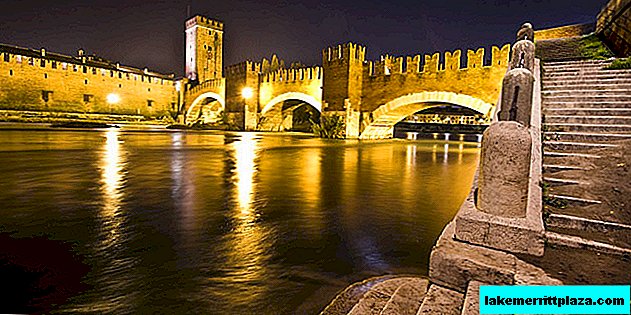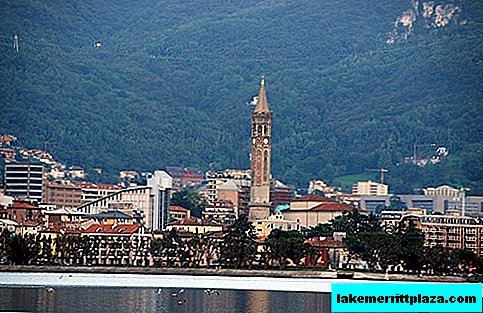Since 1984, at the entrance to the tiny Tuscan commune of Pieve Santo Stefano, in addition to the sign with the name of the city, you could see a small sign with the inscription "Città del diario" ("City of Diaries"). In Pieve Santo Stefano there is a huge archive of personal notes and letters from different people, where some details from their lives and secrets are traced, as well as new facts are discovered in the history of Italy.
More than 7 thousand unique letters, diary entries, magazines, memoirs and autobiographies were collected by the head of the National Organization of the Archives of Records, Salverio Tutino, who is himself a journalist and writer. Certain notes, he claims, were handed over to him by his friends and acquaintances who trust him infinitely. By the way, not all exhibits from the archive can be easily read: some of them are written in rare dialects of the Italian language.

Among the author of letters, records and documents there are representatives of not only different eras, but also different professions. So, in the archive you can find a personal diary of a thief who has cleansed more than one bank, as well as cooking records of a housewife. The oldest record dates back to the 18th century, while most of the materials date back two centuries later. Perhaps, in the era of modern technology, when it takes a few seconds to send and receive a letter and when people openly share their news and thoughts on social networks, information and experiences recorded “by hand” are especially appreciated.
Among the most outstanding things that are stored in the archives in Pieve Santo Stefano is Clelia Marchi's personal diary, written on a sheet, because the girl did not have the opportunity to write on paper. It was on the fabric that Clelia described her life in detail (she lived, by the way, at the beginning of the 20th century). It is worth paying attention to notes belonging to Orlando Orlandi Posti, a member of the Resistance movement captured during the Second World War. The young man regularly wrote letters to his family and girlfriend, in which he warned them about the possible attacks of the German invaders.
The archive in a small town has become a fairly important and significant center for scientific research. Thus, the historian Christopher Duggan, whose book Fascist Voices: An Intimate History of Mussolini's Italy was published in 2013, spent more than one night in the local archive. carefully studied the records and documents presented here relating to that time period.
"At a time when everyone and everyone neglected personal, the creation of such centers, which would be a repository for documents and records made by hands not outstanding and unknown to people, would be an excellent option," says Duggan, writing the same in his the book.
“Tutino believed that one person is one person, but together we can make history,” explains Loretta Veri, who once headed the archive. Now the woman is engaged in raising funds that would go to the maintenance and further development of the archive. Her predecessor, who is the creator of the entire huge collection, died three years ago. According to Veri, Tutino liked to say that "we were lucky because we have the opportunity to listen to other people who have expressed their thoughts on paper."
A visit to this unique town can be combined with a holiday at the Agriturismo Segalare agricultural farm, which can be accommodated by a company of up to 8 people.

Every September in the town of Pieve Santo Stefano, a contest is organized for the most interesting recording or other work. The work of the winner goes to press, and the work of the other participants forever remains in an amazing archive, which continues to grow day by day.








